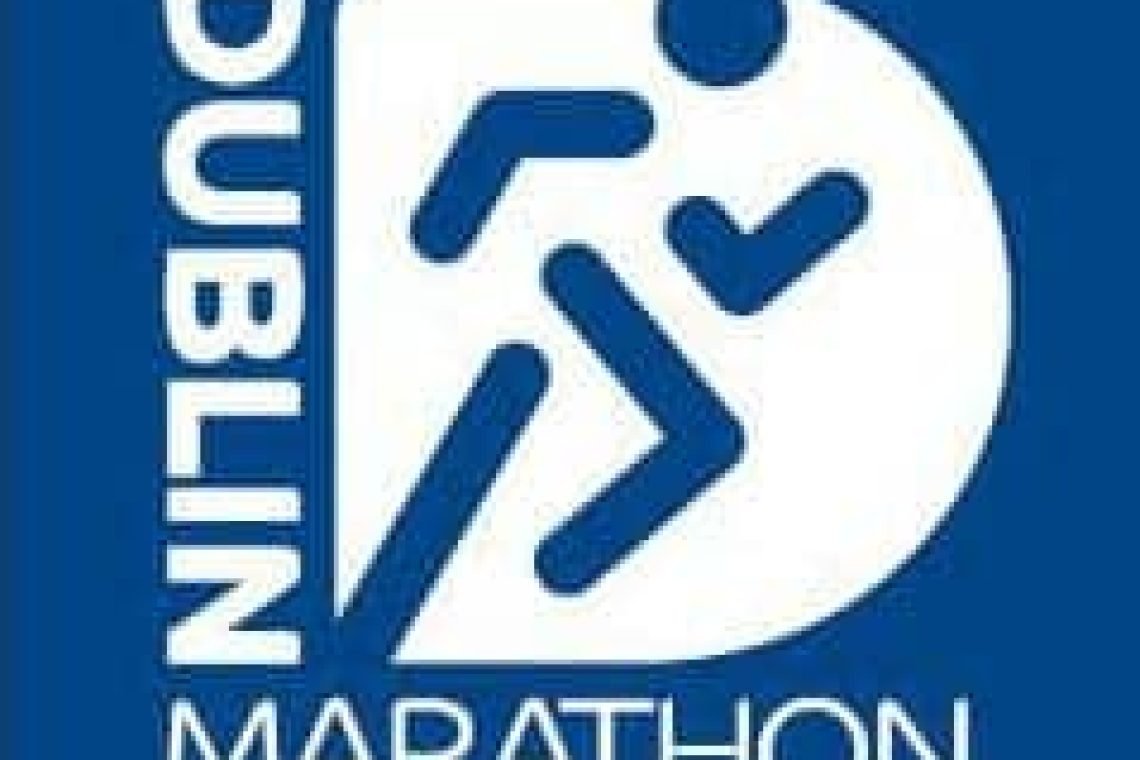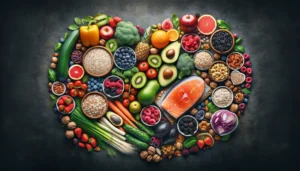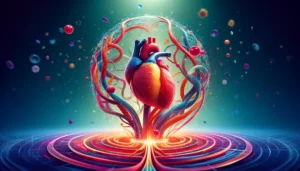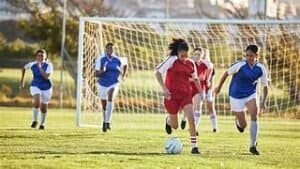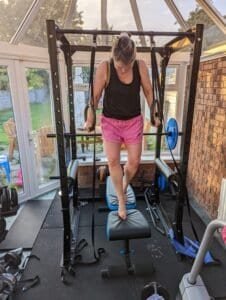“To eat is a necessity, but to eat intelligently is an art.” – La Rochefoucauld
To those planning to run the Dublin Marathon, don’t worry, you still have plenty of time to get your diet and nutrition right!
Some pointers
Never underestimate the power of fuelling! Whether you’re an extremely talented runner or going to take part for the craic nutrition is key to performing at your best and making sure you enjoy the whole experience. How you fuel has a direct impact on your perceived effort. Marathon distance is hard enough without making it feel harder!!
When considering nutrition for sports, there are lots of areas to discuss. However, without the correct foundation to your diet, little can be achieved. A healthy, balanced, sports-enhancing diet can delay tiredness, enhance stamina, help you to train at a higher intensity, improve your adaptation to training, reduce the risk of injury, promote recovery as well as help you feel at your best physically.
Carbohydrate
Carbohydrates are the fuel for muscles. Plus, they’re the only thing that feed our brain and red blood cells. So, how much do you need?
Think of carbohydrates as petrol to a car. The faster you drive, the further you drive and the more frequently you drive your car, the more petrol that you need. Similarly, the more out of breath you are, the longer you’re running for and the more often you move, the more carbohydrate you need to eat.
We store carbohydrate in our muscles and liver. They’re our tank. Just like the difference between a big car and a little car, overall muscle mass dictates how much we can store. We need our muscles to be full up of carbohydrate. We ensure this by eating lots of carbohydrates AFTER we train. This doesn’t mean we don’t need carbohydrates the rest of the time, but getting the right amount of carbs in after your training session is one of the most important aspects of recovery.
Although your Registered Dietitian will calculate your daily carb requirements based on weight and movement, your carb requirements during your long run is calculated per hour. Taking on the right amount of carbohydrate on your run is a game changer in terms of performance but can also help with other things such as risk of picking up infections and getting sick. This should be a big motivation for you guys as illness means less training!
Protein
Protein is the food group that feeds your muscles and bones. These tissues are constantly breaking down and rebuilding. This process accelerates when you train, as your muscles are adapting to your training and taking a bit of a beating with all the training you’re doing.
To ensure that your muscles respond maximally to your training and you recover well, make sure to eat enough protein each day. We can only push a certain amount of protein into our muscles at any one time, so it’s imrpotant to spread your protein intake out evenly across the day. Generally, we will be aiming for 4 hits of protein per day.
Your Dietitian will calculate your protein needs based on weight, age and goals. They may also aim for more protein before bed for reasons such as hunger management and the prevention of muscle loss.
Fruit and Veg
Although I can talk about carbohydrates and protein in a very simply way ‘carbs for fuel’ ‘protein for muscles’, when it comes to fruit and vegetables, they are involved in so many processes that it’s hard to pin them to a specific job. Nonetheless, you could sum them up as something that you need to eat to prevent illness now and in your future (immune systems are compromised with heavy training loads). However, from a runners point of view you could highlight their anti-inflammatory role and the importance of eating them so that you feel like a better oiled machine rather than a rusty old one.
Ultimately, the advice does not change. Do not scrimp on fruit and vegetables. They provide more than just vitamins and minerals. Consider a seesaw with carbs on one side and fruit and vegetables on the other. When carbs go up, fruit and veg go down. When carbs go down, fruit and veg go up! Your Dietitian will explain all the reasons for this, but better digestion, recovery and energy balance are some of the benefits of this.
Hydration
I’ve talked about hydration before at length. It is arguably the most important of all aspects of sports nutrition. It’s the first reason you might start to fail on a run. With dehydration, you’ll feel like your legs are heavy, your heart rate will increase, your blood pressure can be impacted, you could get cramps and you may even start to feel dizzy. Drinking to thirst doesn’t work and leads to dehydration. Please do not do this. If you’re not used to drinking on long runs, please do aim to change this. At a very basic requirement, aim for a minimum of 35ml/kg/day. For example, if you’re 60kg, you’ will need at least 2 litre of fluids each day (60×35= 2100ml). Once you hit this target, monitor your urine and drink more to keep it pale. For more tips, please do read my other article by clicking here. Your Registered Dietitian will help calculate your erquirements, guide you on electrolytes and provide hints and practical tips on putting it all in place.
Milk in recovery
It’s important to make your recovery after exercise as effective as possible. There is tonnes of evidence supporting milk as an effective recovery drink. Here are the main reasons why…
- 1 pint provides 20g of protein which is the amount of protein most people need to maximally stimulate your muscles to grow and repair. The protein that it contains is a natural mix of whey and casein proteins.
- Milk is more hydrating than water! It naturally provides carbohydrates, water and electrolytes.
- Unlike most sports drinks it naturally provides a multitude of vitamins and minerals.
- After long runs you may need to add more carbs into your milk. So enjoy a smoothie with milk and fruit, a pint of chocolate milk or a scone with your large latte.
- Long distance running isn’t always such a healthy thing for your bones. Taking in a big calcium hit, from an absorbable source, around your training can really help look after your bones.
In conclusion
Focus on hydration, and make sure to get this right asap. Ensure there’s enough protein at every meal and use the seesaw effect with carbs and fruit/veg. Make sure to drink a recovery drink every time. Watch out for for articles on race day prep and tips and be sure to capitilise on your sleep.

